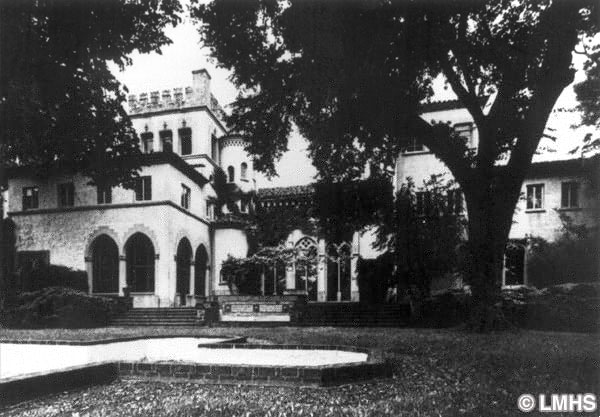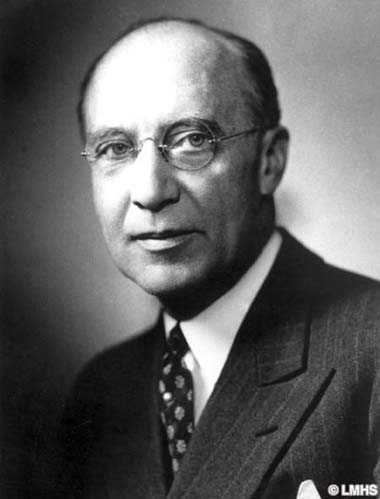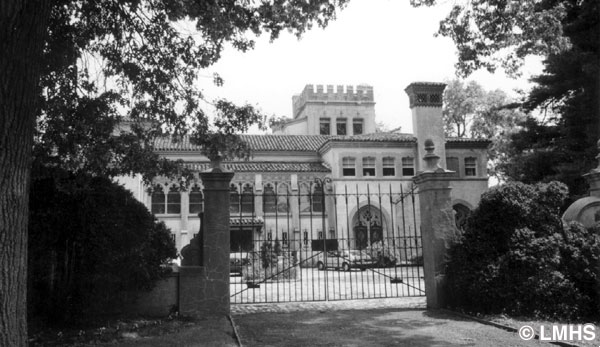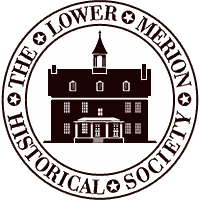Percival Foerderer’s La Ronda


Percival E. Foerderer (1884-1969), a successful Philadelphia businessman, retired in his early 50s to contribute his energy, affection and support to public service. For 33 years he was the backbone of the growth of the Thomas Jefferson University Hospital. His significant contributions earned him the nickname, “Mr. Jefferson.”
Percival Foerderer was the third generation in the family leather business. His grandfather was a curer of hides in Prussia. His father expanded the company in Philadelphia and invented the “chrome process” of treating goatskins to manufacture soft, pliable leather. Their Vici Kid factory, in 1892, employed 2,300 who turned out quality leather kid gloves and shoes.
Foerderer attended Penn Charter School and entered the University of Pennsylvania in 1903 with the desire to be a doctor. His father’s serious illness forced him to abandon a college career and he entered the family business to learn the trade from the ground up.
In 1910, Foerderer married Ethel Brown, daughter of a Philadelphia textile machinery maker. For the next 26 years Percival was president of the largest leather manufacturing business in the United States, perhaps in the world.
There was unemployment and unrest during the Great Depression, and after a strike at the Foerderer factory in 1936, Percival chose to close the plant and retire.
After World War II service, he returned to the home that he and Ethel had designed on a 6+-acre plot in Merion.
Foerderer’s success in the stock market allowed him to dream of a larger home in Lower Merion, but not in the popular Colonial or Tudor Revival styles that flooded the Main Line. Percival and Ethel yearned for another home with Spanish and medieval character.
Who else to turn to but Addison Mizner, designer of flambouyant homes in Palm Beach in the 1920s? Foerderer and Mizner, a great team, created La Ronda in 1929, a vast residence on 233 acres. 51 rooms (21 bedrooms) included an elegant mixture of styles: Spanish towers, Gothic porticos, Venetian stained glass, Italianate monastery cloisters and flags, plus European formal gardens.
With the help of 27 employees, Ethel and Percival raised their three daughters in these unique European surroundings.

